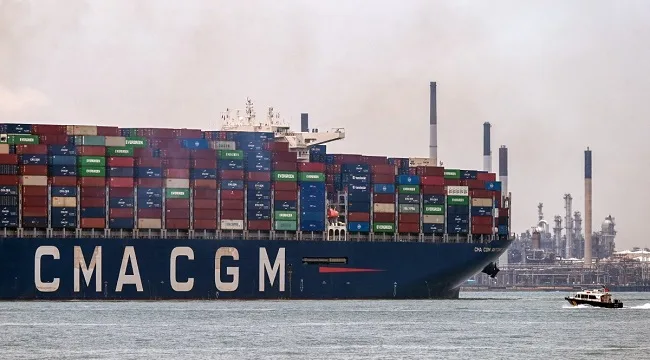Singapore’s non-oil domestic exports (NODX) fell 4.6% year-on-year in July, as shipments to the United States dropped sharply, according to government data released Monday.
Enterprise Singapore, the government agency responsible for trade promotion, reported a 42.7% decline in exports to the US—Singapore’s largest trading partner—primarily due to a staggering 93.5% plunge in pharmaceutical shipments. Exports of specialised machinery and food preparations also fell, by 45.8% and 48.8% respectively.
The decline underscores the vulnerability of South-East Asia’s second-largest economy, which is highly reliant on global trade, to rising protectionist policies and geopolitical uncertainty.
Tensions flared earlier this month when former US President Donald Trump announced a 100% tariff on semiconductor imports from companies that do not invest in the US. He also threatened duties as high as 250% on pharmaceutical imports—raising alarm across key export economies like Singapore. While the city-state currently faces a baseline 10% tariff, the risk of escalation looms.
Shipments to other key markets, including China and Indonesia, also declined in July. However, exports rose to the European Union, Taiwan, South Korea, and Hong Kong, partially offsetting the downturn.
Despite the recent trade volatility, Singapore’s Ministry of Trade and Industry last week revised its full-year GDP growth forecast upwards to 1.5–2.5%, from an earlier range of 0–2.0%. Officials, however, warned that escalating global trade tensions could weigh on the outlook.
Speaking at the National Day Rally on Sunday, Prime Minister Lawrence Wong expressed concern over the trajectory of US trade policy, saying he took “little comfort” in the current 10% tariff rate.
“No one knows if, or when, the US might raise the baseline, or impose higher tariffs on specific sectors like pharmaceuticals or semiconductors,” Wong said. “What we do know is that there will be more trade barriers in the world. And that means small, open economies like ours will feel the squeeze.”
AFP


